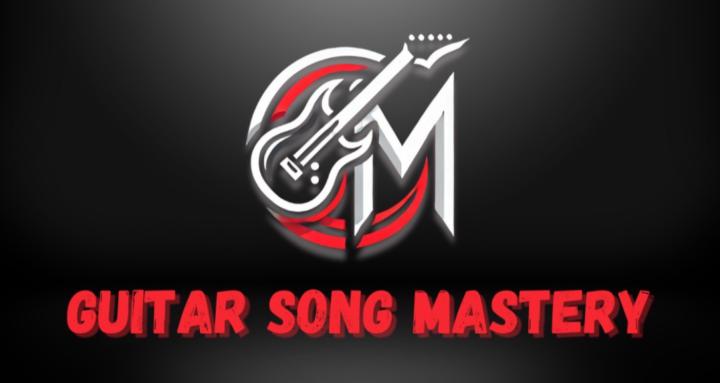Sep '25 • General discussion
10% of the time
It goes right.
I’ve been playing and teaching guitar for over 20 years—and pushing myself seriously as a player for 30. I first picked it up as a teenager, and a lifetime later one thing has become clear: most of us are only truly satisfied with our playing about 10–15% of the time.
That’s because guitar isn’t about perfection—it’s about rolling with it. You’d be surprised how often a performer you think is flawless actually lands on the wrong chord, catches it, and adjusts instantly. To the audience it sounds intentional—artistry, a passing chord—or it slips by unnoticed.
I was reminded of this the other night. The band’s set list had a couple of typos—wrong key, wrong chords—and as lead guitarist, I found out in real time. Within a few drum beats I heard the dissonance, palms sweaty, head spinning—my telltale signs. To make it worse, the rhythm guitarist’s truck had broken down, so there was no backup. It was my very first gig with the band, we hadn’t rehearsed most of the songs, and the set list was 25 songs long. Perfect storm.
So I acted. I turned my guitar volume all the way down, hands still moving on the neck like nothing was wrong, and listened for the reset point in the lyrics. Then I caught a glimpse of the bassist’s hands—he was on an A. Thank goodness. Volume up, in I went. Off to the races. I think I’m still sweating just thinking about it. And live in front of a crowd, you don’t get to hunt around for the key—you either sink or swim.
That night reinforced something I’ve learned over decades: playing guitar is not about never making mistakes. It’s about learning to be at peace with them, noting what happened, and moving forward better next time. Strings will break, gear will fail, capos will be forgotten, and chord changes will fall flat. That never goes away.
Professionalism isn’t about perfection. It’s about letting go of perfectionism—recovering gracefully, correcting yourself in the moment, and keeping the music going as if nothing happened.
3
2 comments

skool.com/guitarsongmastery
Join a community of adult guitar learners dedicated to mastering technique, overcoming playing challenges, and making music flow effortlessly.
Powered by




